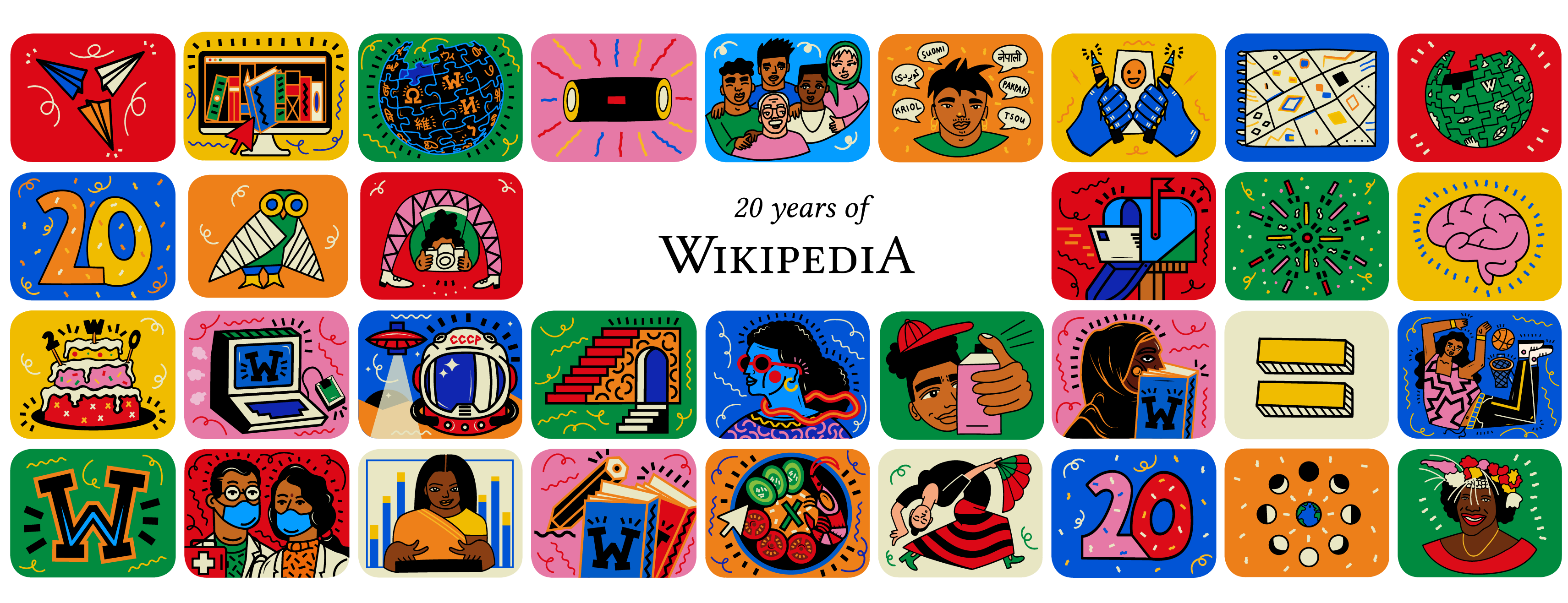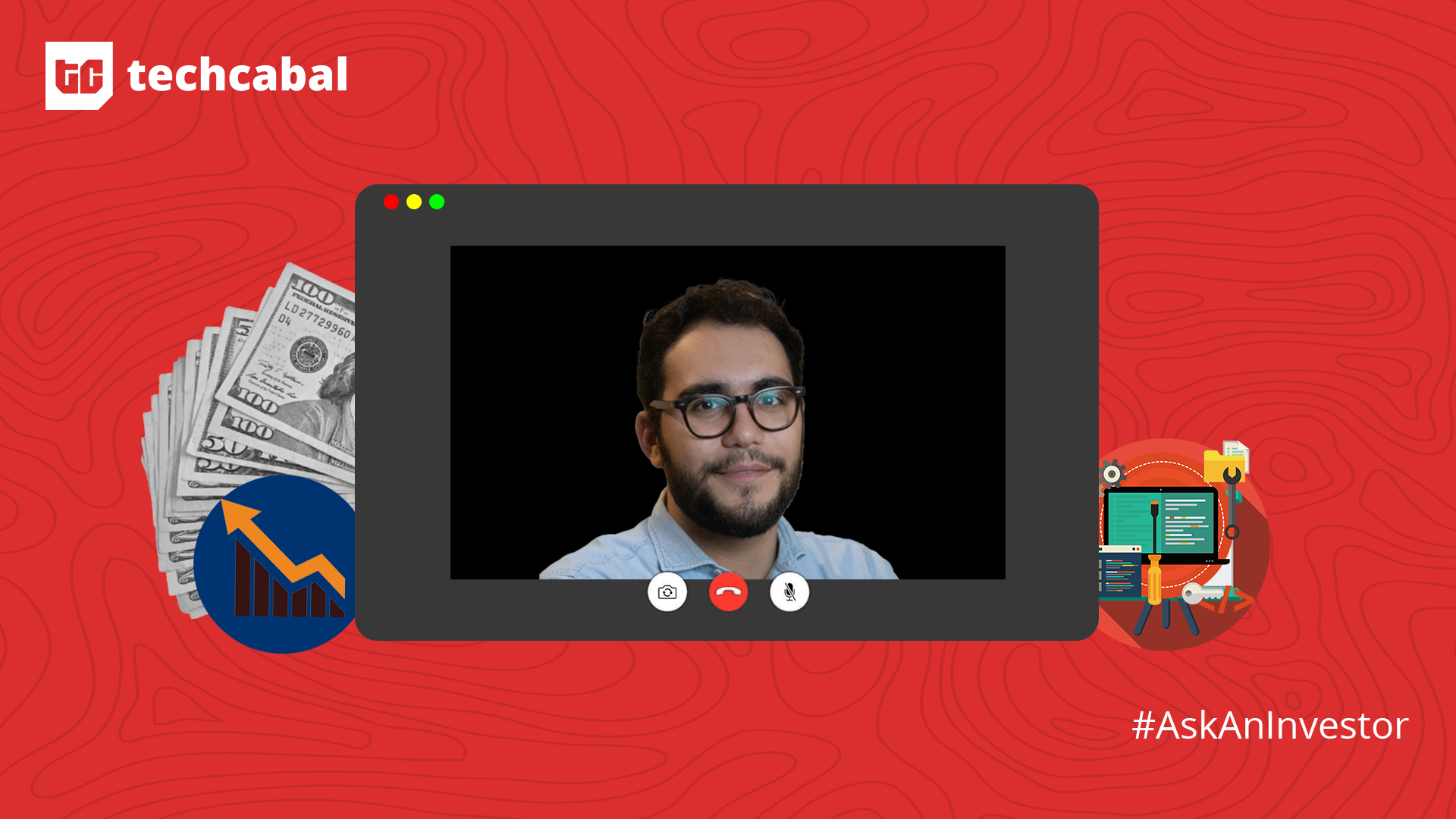The idea of compiling the world’s knowledge into a single location started before Dennis Diderot created the modern encyclopedia in the 18th Century.
Centuries after, riding on the growing popularity and potential of the world wide web, Jimmy Wales and Lary Sanger gave the idea of an encyclopedia new breath in January 2001.
Wikipedia was Born.
Since then, the style and function of Wikipedia have changed very little. Articles can be written and edited by anyone. It is governed by a strict code of editorial neutrality – using reliable sources fairly and in good faith – that is enforced by a group of volunteer moderators. Pages also do not include a lot of multimedia content.
In a chat with Rudolph Ampofo, Senior Regional Partnerships Manager for the Wikimedia Foundation, we talk about Wikipedia’s journey in Africa.
He tells me that over the last 20 years there has been a growing number of contributors in Africa. Currently, there are about 22 Wikimedia communities in Africa that contribute locally relevant knowledge about the continent on Wikipedia.
These communities are in countries like Congo, Nigeria, Ghana, South Africa, Uganda, Mali, and every day more people are organizing themselves to join in the movement.
Why people volunteer
People volunteer for different reasons, Ampofo says members of the Wikipedia community, who are all volunteers, are passionate individuals who want to help grow knowledge about the continent. They want to ensure that when people are looking for knowledge or information, they can find it.
“One thing to think about whenever you’re thinking about these communities is curiosity. It all begins with curiosity, they begin that journey of making sure that others find that first point of knowledge,” he says.
The impact of these individuals has been publicly recognized by the foundation. Since 2011, when the Wikimedian of the year award — an annual award that honours Wikipedia editors and other contributors to Wikimedia projects — was created, 3 Africans have won it. First “Demmy” from Nigeria in 2012, then Felix Nartey and Sandister Tei from Ghana in 2017 and 2020 respectively.
Ampofo concludes his point by stating that the movement is more about communities and not individuals.
Citing an example of the power of collaboration, he says, “Recently, Wikipedia communities launched a campaign called Wikipedia Pages Wanting Photos, a project to identify articles that don’t have photos and match them with the right images. We have folks in Nigeria also working with universities, Ghanaians who are working closely within education and trying to advance free knowledge.”
The problem Wikipedia is solving now
Next, we talk about what problem Wikipedia is solving now since the world is a different place since it was launched 20 years ago.
“I think for the Wikipedia community, at the centre of everything we do is to really advance free knowledge. Generally, we want to ensure people have access to information that they need to kickstart their curiosity. For example, when the pandemic started, Wikipedians rallied around to ensure that people had access to reliable information around COVID.”
“Initially when it started, if you look at the evolution of those articles, it really started at the global level. But over time information about regions and specific countries became available.”
“It’s really about making sure that anyone out there who wants to have access to knowledge doesn’t have to go through a payment process to access that information, which can really block other people from, getting the information they need or once.”
Offline Activities
Most of the activities of the Wikipedia community happens online but Ampofo says there some offline activities.
“For instance, this 20th birthday, you have community members doing parties to celebrate Wikipedia digest. Also, Wikipedia is constantly building partnerships to help advance the work of community members.”
“One of the collaborations we did recently was to collaborate with Moleskine Foundation who worked closely with Wikimedia South Africa. We’ve also worked with Global System for Mobile Communications (GSMA) to ensure that there’s digital literacy because if people are not digitally literate, it’s difficult for them to access Wikipedia.”
Since Wales put the first wiki online on Wednesday 10 January 2001, It’s gone on to mark other milestones. The project gained its 1,000th article around Monday 12 February 2001 and on 9 March 2019, Wikipedia exceeded 50 million articles across all 309 language editions.
A lot can be learnt from how Wikipedia’s helping the world learn.





















